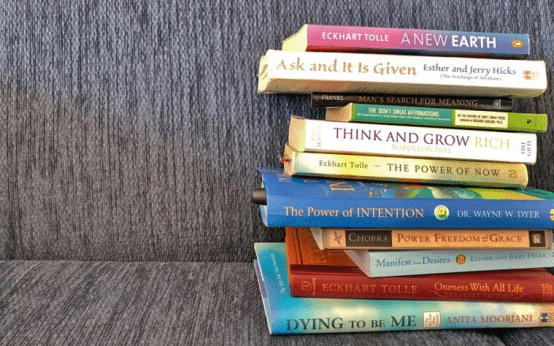It is also essential to make it clear that the more you are informed about the situation in your country, the more you can prepare or position yourself in the best way to avoid problems.
South Africa is currently going through a lot of political, economic, and social upheaval. Continue reading this article to learn the 5 significant facts happening in South Africa today that you need to know.
Learn the 5 key facts that are impacting South Africa today
As mentioned before, if you know what is happening in your country today, you can prevent many difficulties. Here are the most important facts that are happening in South Africa today:
1. Spending only 6% of emergency relief funds for KZN flood victims
The Auditor General on Wednesday, August 31, released a specific report on the use of aid funds to assist victims of flood-affected communities in KwaZulu-Natal and the Eastern Cape. The results were startling.
The total budget allocated by national, provincial and local government to provide aid to affected communities through these initiatives, according to the report, was almost R2 billion. Of this amount, only R125 million, or 6%, has been spent as of July 31 this year—an absurdity.
How does the population feel when they see that only 6% has been spent, when they could have used more resources to help more and more people?
The result was laid bare and shown to the eyes of the world that the flooding in KZN has left many communities without access to water, forcing the affected communities to rely on non-profit relief efforts and municipal tanker trucks.
Worst of all, the delays in providing water to the affected communities, the AG said, have caused some residents to resort to using unfit water for their basic needs—a situation of public neglect.
2. SARS Rejection
The second important point you need to know is that SARS, the South African Revenue Service has dismissed the findings of the Nugent Commission and the State Capture Commission as hearsay. This is all because they differ and fight against a Labor Court order to reinstate former employees.
In addition, we also have to talk about the fact that the commission’s findings were presented as evidence to help employees fight their wrongful termination during the state capture saga. Although SARS received the findings, it rejected them as inadmissible opinions in court.
3. Race of doctors
This news is quite significant, you see: the Medical Schemes Council has failed to convince sufficiently solvent and sizeable medical schemes to take on the nearly 24,000 members of the Health Squared Medical Scheme without waiting periods.
In this case, the scheme acted impulsively in putting the blame on the coronavirus pandemic and also on increasing claims for its financial problems. All because there is a much higher proportion of older members than other schemes on average — Around more than 27% of its members are pensioners, compared with the industry average of 11%.
It follows that Health Squared members will have to negotiate alternative medical coverage on their own. The regulator has put out that medical schemes cannot exclude anyone or their dependents from joining an open medical scheme. Therefore, no Health Squared member can be turned away, although the Medical Schemes Act allows schemes to apply waiting periods for new members.
Finally, the regulator informed Health Squared members that the medical scheme still exists until the high court orders otherwise.
4. Fall of the Johannesburg City Speaker
This news shook many people, as well as several financial markets and assets. The fact is that established coalition governments in major metropolises are beginning to crumble under the weight of contrasting ideologies and fickle loyalties—after the 2021 local elections.
All this has led to the overthrow of Johannesburg’s spokesman, Vasco da Gama (DA). He was removed by a motion of no confidence in the early hours of this past Thursday.
A vote took place to have the decision and implement the motion, where the ANC and EFF voted together to support the motion, alongside other parties. This is believed to be a precursor to a motion to remove the mayor.
Mayor Mpho Phalatse attacked the metro coalition partners after the vote: “We note with utter shame that some coalition members voted for the motion. We are also aware that before the motion there were allegations of bribery, which will be detailed in an affidavit,” he said.
“As a multi-party government, we will do some introspection on what needs to be done to regroup, because Joburg cannot afford to be handed back to a cabal that puts self-interest ahead of the needs of [the city’s] 6 million residents.”
5. The currency of South Africa
In this last topic as a hot news spin on South Africa, let’s talk about the country’s market, specifically the South African Rand.
What is happening is the weakening in trade this past week, especially on Wednesday. The dollar, by contrast, came close to hitting a two-decade high on Monday.
All this motivated by the Federal Reserve indicating a hike in US interest rates. With that information thrown at the market, analysts noted that USD-ZAR appears to be stuck in a tunnel between R16.75 and R17.00, with any sustained break outside that range potentially starting a new trend.
Investors in South Africa will be looking at the July ZATBAL=ECI trade balance figures due at 12:00 GMT for clues on the health of the local economy.

 10 Personal Finance Books That Change Lives
10 Personal Finance Books That Change Lives  7 Budgeting Methods That Actually Work
7 Budgeting Methods That Actually Work  South Africa’s Capitec profit rises 84%
South Africa’s Capitec profit rises 84%